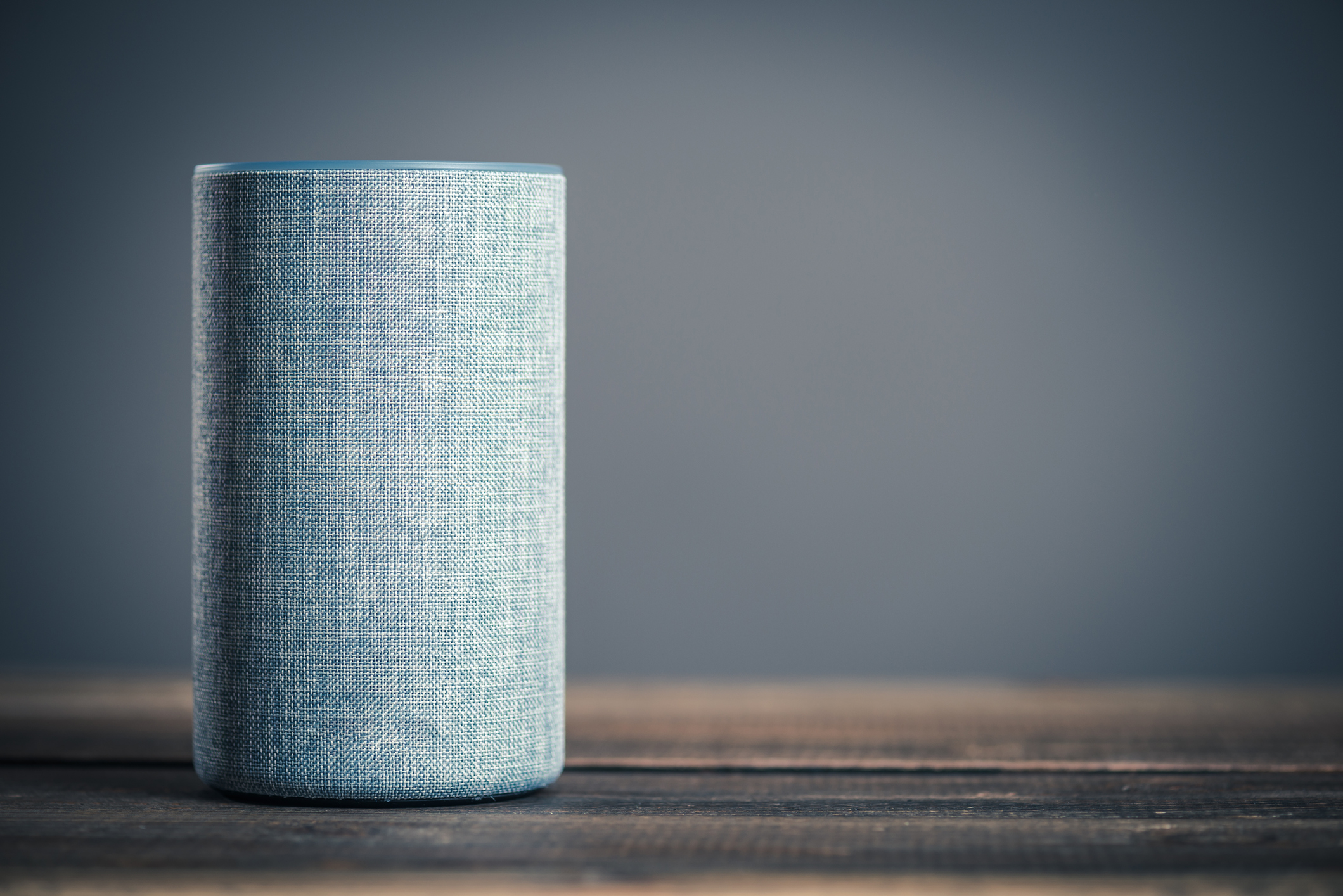
A generation ago, some of us used to worry about our private conversations being overheard. Others, often derided as paranoid, suspected the government of eavesdropping on everything we say.
The rapid technological advances of today make those concerns seem quaint. The wired world has brought the “eavesdroppers” into the home and made them part of the family. These digital assistants answer our questions, play music we like, place phone calls for us, tell us jokes and order any products and services we request. Smart home devices can tie into our environment, dimming the lights, activating appliances, showing us who is at the door.
The idea of every home having a built-in digital assistant has its draws. All you or your family members have to do is say the words and Siri or Alexa will set out to accomplish the task.
The Rise of AI Raises Privacy Questions
Digital assistants are on the rise: Amazon reported it sold more than 10 million Alexas and Echos worldwide in 2018 programmed them to respond to more than 700,000 requests. Even people who initially thought they wouldn’t have any use for one seem to find them valuable. Once Alexa can “talk” to your fridge, she’ll know when you’re low on ketchup and order you a new bottle.
But this new world of digital assistants raises some broader questions about the evolving role of technology in our lives, what it will replace and whether we’ll miss what we lose.
Newer versions of these devices can be programmed to be always on—permanently listening and recording—rather than “waking” when you call their name. So long, privacy. Amazon recently admitted it has employees who listen to devices around the world. The company says it’s not a bad thing but part of ongoing efforts to improve service and voice recognition. You’ll have to take Amazon at its word on that. Beyond that, using them allows the companies that make them to track and monetize your interests, relationships and spending habits.
Digital Assistants Are Corporate Entities, Not Friends
Perhaps the biggest concern is if the electronic “person” we talk to begins to replace the actual people in our lives. Alexa can tell jokes and do everything you ask; most family members will tell you to “do it yourself. ” Will future devices be attuned to the voices and preferences of different household members or can everyone have the same digital friend?
Are the benefits worth the tradeoffs? Until very recently, people relied on trusted friends and family members for advice, recommendations, suggestions and help. By installing digital assistants in our homes, we are paying massive corporations to take on much of that load and assuming we’ll be better for it. Is it a good bet? We’ll see.







